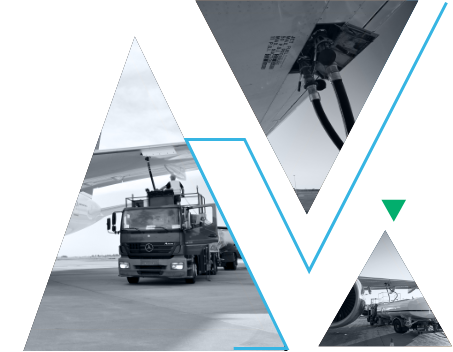Aviation Aircraft Fuel Supply at Des Moines Airport
Just Aviation promotes sustainability at Des Moines International Airport (DSM) by effectively managing fuel reserves and optimizing delivery. This approach reduces fuel waste, ensuring smooth, reliable, and sustainable operations at DSM.
Just Aviation promotes sustainability at Des Moines International Airport (DSM) by effectively managing fuel reserves and optimizing delivery. This approach reduces fuel waste, ensuring smooth, reliable, and sustainable operations at DSM.

Exceptional Services at Des Moines Airport
Just Aviation provides reliable and sustainable fuel management services at Des Moines International Airport (DSM), contributing to the growth of global aviation. Our expertise strengthens DSMs reputation as a trusted fuel supplier, reinforcing Des Moiness commitment to sustainable aviation.
Boosting Refueling Performance for Business Jets at DSM
Engineered to meet DEF STAN 91-91 and ASTM D1655 standards, Jet A-1 fuel ensures smooth operations in international air travel, adhering to IATA and FAA guidelines for operational efficiency.
Optimized for business jets at cruising altitudes, Jet A-1 fuel significantly reduces fuel consumption by 30%. Derived from kerosene, it works with a wide range of jet aircraft. The fuels boiling range spans 150°C to 250°C, with a flashpoint of more than 38ºC (100ºF), and a freeze point of -47ºC. Its energy density of 34.7 MJ/kg extends flight range and lessens the need for mid-flight refueling.
In business aviation, streamlined fuel management can cut refueling time by as much as 15%, allowing for quicker aircraft turnarounds and more precise scheduling. Fuel optimization improves engine thrust by 2-3%, boosting performance during initial lift-off and enhancing high-altitude efficiency. With the integration of real-time fuel monitoring, operational efficiency is elevated by 5%, leading to a reduction in overall flight costs. A 5-7% fuel buffer ensures compliance with safety standards and provides flexibility in case of unscheduled diversions.

Des Moines International Airport (DSM) for Starters

Des Moines International Airport (IATA: DSM, ICAO: KDSM) is a joint civilian-military commercial service airport located 5 miles southwest of Des Moines, Iowa's capital. The airport spans 2,625 acres (1,062 ha) and sits at an elevation of 958 feet (292 m). It serves as a hub for both commercial aviation and military operations, featuring two runways and a range of aviation services.
The airport has two runways: Runway 5/23, which is 6,601 feet (2,012 m) long and 150 feet (46 m) wide, and Runway 13/31, which measures 9,001 feet (2,744 m) by 150 feet (46 m). The first runway is surfaced with asphalt and concrete, while the second is made entirely of asphalt. In 2021, Des Moines International handled 66,320 aircraft operations, averaging 182 per day, with a mix of airline (44%), air taxi (9%), general aviation (44%), and military (4%) traffic. The airport had 105 aircraft based at the facility, including 63 single-engine, 16 multi-engine, 23 jets, and 3 helicopters. Passenger traffic at Des Moines International has been steadily increasing in recent years. In 2023, the airport saw 3,097,006 passengers, reflecting a 10.3% increase over the previous year. Additionally, the airport handled 71,264,847 pounds of cargo in 2022. The terminal has two concourses: Concourse A with gates A1A5, and Concourse C with gates C1C7. There are also five B-labeled parking spots designated for light aircraft maintenance and temporary parking of airliners.
To ensure your flight at Des Moines International Airport (DSM) is fully supported with aviation fuel services, including pricing and confirmation, contact us at [email protected] or [email protected]